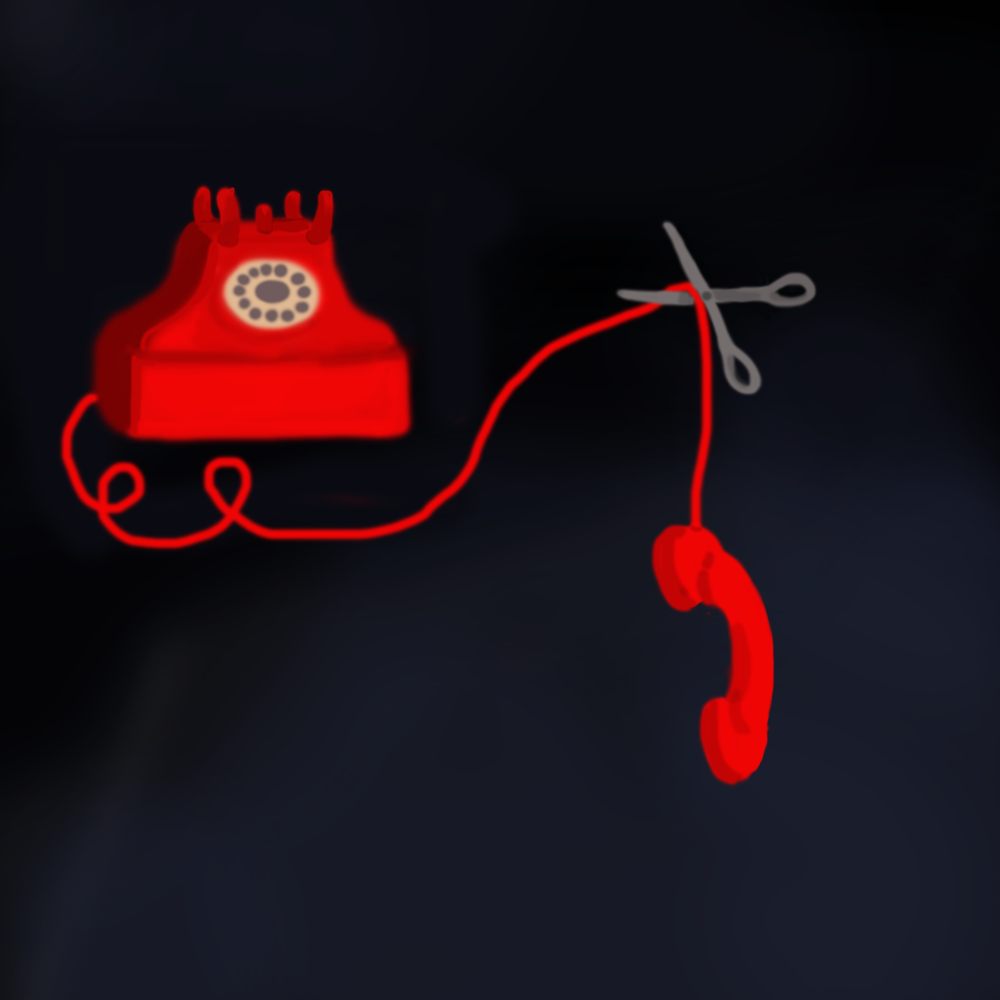
Sophia DeSchiffart
To the beat of an explosive drumroll, Wallows has returned with “I Don’t Want to Talk,” the first single for their upcoming sophomore album. This is the beginning of a new era for Wallows’ music: it reverts back to old sounds, breaking away from the experimental, electronic sounds and familiar themes of their EP, “Remote” as the members continue to express through music the lingering of insecurities into adulthood.
Though “I Don’t Want to Talk” is reminiscent of their 2018 EP “Spring,” in its abrupt start and singer Dylan Minnette’s brusque vocals taking lead, their lyrics bring a new storyline — and a harmonica — into the mix.
The medley of harmonica, whistling and steady drums heard throughout the song creates a carefree tune as they sing of a relationship’s decay. Wallows uses this paradoxical tactic on other tracks as well, most notably “Treacherous Doctor”: an upbeat number overlayed with the question: “Are the things I think are important/Simply just distractions from death?” Hiding these dark musings behind a cheery facade, Wallows strikes a balance between an enjoyable, catchy song and confronting the issues that stem from insecurity in yourself and uncertainty in relationships.
Wallows plays another balancing game between a straightforward chorus and wandering, expansive verses. The repetition of the chorus, with the narrator insisting “I don’t want to talk,” is supplemented by pulling listeners into concrete experiences. Jealousy sparks when the narrator sees his potential ex with a new guy; he’s wearing her “leopard pattern coat,” and she has a “brand new sweatsuit” and “fresh platinum hair.” The narrator ends with a simple: “I watch him stare.” This combination of colorful descriptions with ambiguity is something Wallows does well, highlighted on other hits like “Pleaser” and “Remember When.” The following transition into the chorus is paired with a momentary suspension of sound, which turns this fleeting instant into an infinity — like the seemingly-eternal state of heartbreak. By giving listeners just enough detail, the lyrics allow listeners to interpret the ambiguity in their own way, bringing their own circumstances to the music, creating an almost tangible emotionality that resurfaces again and again with each listen.
Jealousy is brought to the forefront with a expressive bridge — similar to that found in “OK” — where the focus shifts from the ex to her new partner, this “attention grabber,” foregrounding the insecurity that seems to have caused the collapse of the narrator’s relationship. Here, Wallows is reminding us that insecurity persists into adulthood. With much of mainstream music geared towards teenagers and grappling with the feelings that come from the teenage experience, from Lorde’s “Pure Heroine” to Olivia Rodrigo’s “SOUR,” it is easy to believe that all your silly insecurities will simply disappear the minute you graduate from high school. Wallows themselves acknowledge this trend in “1980s Horror Film,” asking, “Why are girls in songs always seventeen?” By instead realizing that “the older I get, I get more insecure,” Wallows’ songs create a space for releasing the pettiness and bitterness that may still linger at a time when you are expected to be more mature. Simply saying “I don’t want to talk” about the issues in a relationship, instead of just ending it, may not be the most effective strategy, but the song allows for these frustrations to be voiced.
Music is an outlet for inner thoughts to be revealed and for us to hear that others feel how we feel. At a time in my life when I can no longer fully relate to Lorde’s “White Teeth Teens” and find it difficult to reach the emotional level that I feel listening to Olivia Rodrigo’s “drivers license” requires — though I certainly could have belted it at fifteen — Wallows’ “I Don’t Want to Talk” is a refreshing reminder that the transition into adulthood comes with its own struggles, like balancing relationships with grappling with your place in the world. Wallows has not lost the sound that attracted people to their music in the beginning, but they also have not yet shaken off the insecurity that has followed them since 2017.







